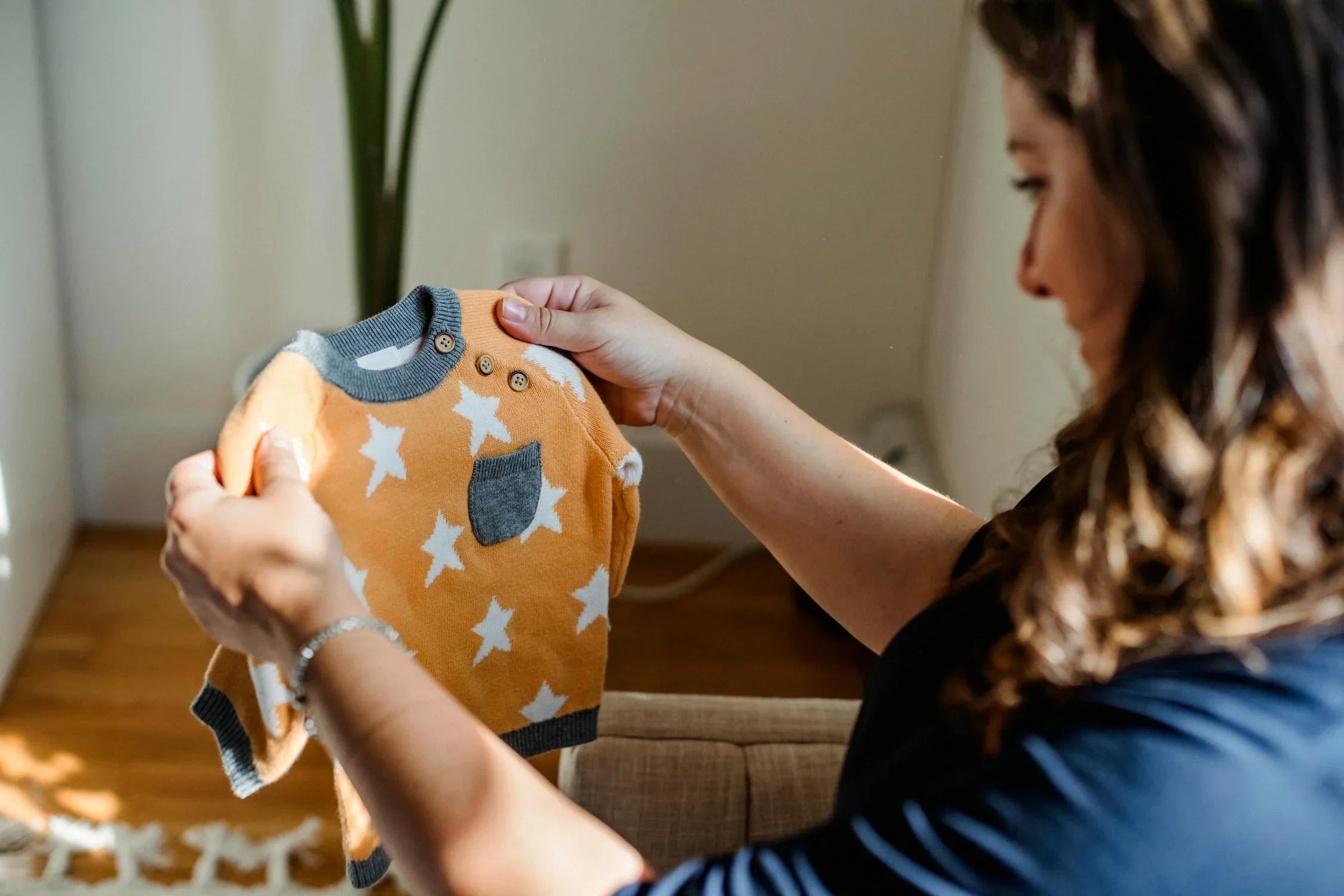Accueil
Pregnancy, Breastfeeding, and Pumping: The Ultimate Guide for Moms
Is It Too Soon to Take a Pregnancy Test? What You Need to Know

Is It Too Soon to Take a Pregnancy Test? What You Need to Know
When you're eagerly waiting to find out if you're pregnant, the question 'Is it too soon to take a pregnancy test?' can feel overwhelming. The anticipation, the hope, and the anxiety all come together, making it hard to wait. But timing is everything when it comes to pregnancy tests. Taking a test too early can lead to false results, leaving you even more confused. So, how do you know when the right time is? Let's dive into the details to help you make an informed decision.
How Do Pregnancy Tests Work?
Pregnancy tests detect the presence of a hormone called human chorionic gonadotropin (hCG) in your urine or blood. This hormone is produced by the placenta shortly after a fertilized egg attaches to the uterine lining. The levels of hCG increase rapidly in the early stages of pregnancy, doubling every 48 to 72 hours. Most home pregnancy tests are designed to detect hCG in urine, while blood tests, which are more sensitive, are typically done at a healthcare provider's office.
When Is the Best Time to Take a Pregnancy Test?
The best time to take a pregnancy test is after you've missed your period. This is usually about two weeks after ovulation. However, some tests claim to detect pregnancy as early as six days before your missed period. While these early-detection tests can be tempting, they are not always accurate. The accuracy of a pregnancy test depends on several factors, including the sensitivity of the test, the concentration of hCG in your urine, and the timing of the test.
What Happens If You Take a Pregnancy Test Too Early?
Taking a pregnancy test too early can result in a false negative. This means the test may show that you're not pregnant even if you are. This happens because the levels of hCG in your body may not be high enough to be detected by the test. If you get a negative result but still suspect you might be pregnant, it's a good idea to wait a few days and take another test. Alternatively, you can visit a healthcare provider for a blood test, which can detect lower levels of hCG.
Factors That Affect the Accuracy of Pregnancy Tests
Several factors can affect the accuracy of a pregnancy test. These include:
- Test Sensitivity: Different tests have different levels of sensitivity. Some can detect very low levels of hCG, while others require higher concentrations.
- Timing of the Test: Taking the test too early or at the wrong time of day can affect the results. For the most accurate results, take the test first thing in the morning when your urine is most concentrated.
- User Error: Not following the instructions properly can lead to inaccurate results. Make sure to read and follow the instructions carefully.
- Medications: Certain medications, including fertility drugs, can affect the levels of hCG in your body and lead to false results.
What Should You Do If You're Unsure?
If you're unsure whether it's too soon to take a pregnancy test, consider waiting a few more days. The longer you wait, the more accurate the results will be. If you're experiencing symptoms of pregnancy but the test is negative, it's a good idea to consult a healthcare provider. They can perform a blood test or an ultrasound to confirm whether you're pregnant. Additionally, if you're trying to conceive, tracking your ovulation and menstrual cycle can help you determine the best time to take a test.
Emotional Considerations
The emotional toll of waiting to find out if you're pregnant can be significant. The uncertainty, the hope, and the fear of disappointment can be overwhelming. It's important to take care of your mental health during this time. Talk to a trusted friend or family member, or consider seeking support from a counselor or support group. Remember, it's okay to feel anxious or uncertain, and taking care of yourself is just as important as getting accurate test results.
Final Thoughts
So, is it too soon to take a pregnancy test? The answer depends on several factors, including the sensitivity of the test, the timing of your menstrual cycle, and your individual circumstances. While it can be tempting to take a test as soon as possible, waiting a few more days can lead to more accurate results. If you're unsure, consulting a healthcare provider is always a good option. Remember, whether you're hoping for a positive or a negative result, taking care of your physical and emotional well-being is crucial during this time.
Partager
